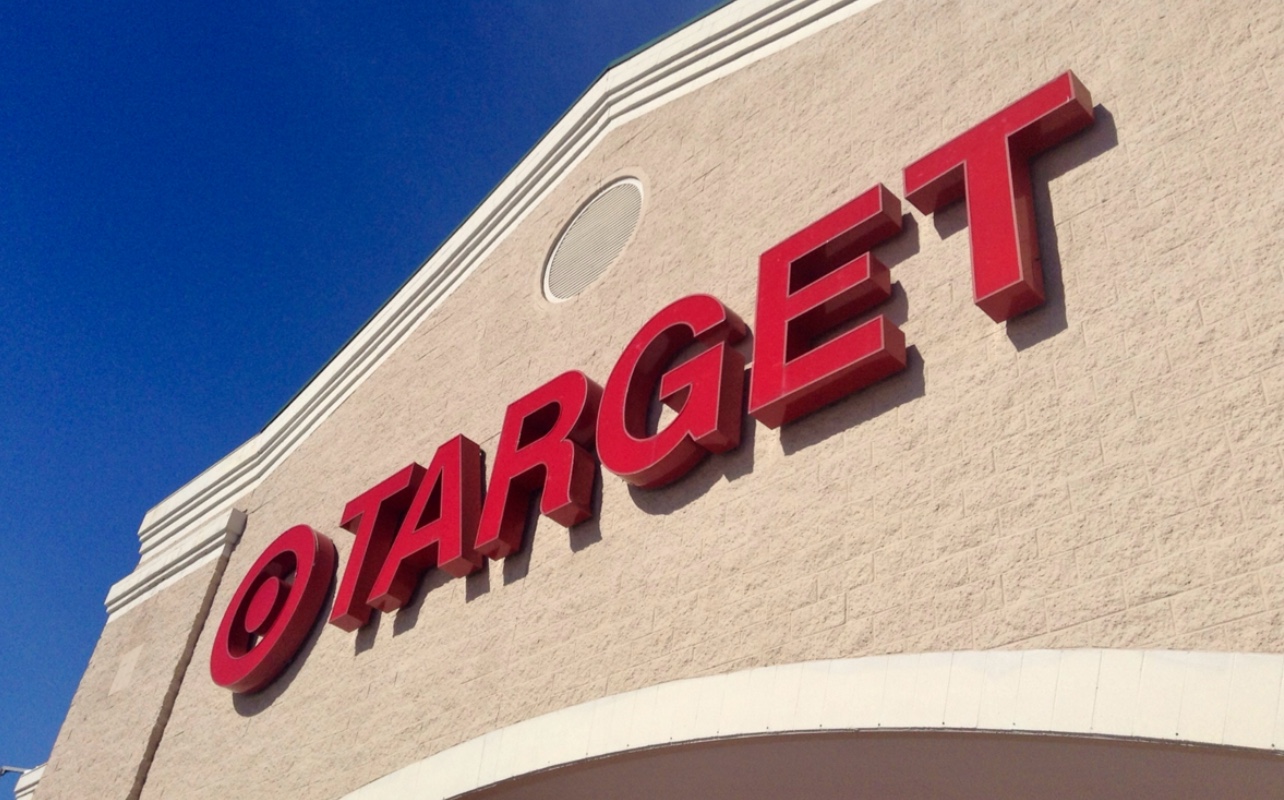
After backlash over its diversity initiatives, Target is highlighting its partnership with the Russell Innovation Center for Entrepreneurs to rebuild trust and reaffirm its investment in black business owners.
Target is once again putting the spotlight on its partnership with the Russell Innovation Center for Entrepreneurs (RICE), a move that comes as the retailer faces scaling back its diversity, equity and inclusion (DEI) efforts.
How? reports by THE FEELINGthe company’s renewed focus on partnering with RICE, a program that provides Black small business owners with access to mentorship, education and growth opportunities, hits a pivotal moment. Target’s Oct. 20 press release underscores its continued commitment to the initiative, which began in 2020 and will be renewed in 2024.
The cornerstone of the program, the Retail Readiness Academy (RRA), offers a seven-month course designed to help entrepreneurs navigate the competitive retail industry. Participants gain business insights, strategies and connections that can advance their ventures. In its latest round, Target helped RICE expand its cohort size and deepen its engagement by offering mentorship and behind-the-scenes experiences in its stores.
Target also launched HBCU, Always, a documentary-style series celebrating historically black college and university (HBCU) graduates and promoting ongoing professional networking with support from RICE and Target.
However, the company’s new focus on its partnerships is coming under considerable public scrutiny. Earlier this year, Target completed its three-year DEI plan, including the Racial Equality Action and Change (REACH) program, which aimed to increase representation and retail opportunities for black and minority-owned brands. The decision drew criticism from many consumers and community leaders as they came under federal pressure from President Donald Trump to phase out DEI initiatives.
In response, Pastor Jamal Bryant called for a 40-day boycott of Target beginning March 4 following the company’s DEI recall announcement. Traffic has declined for nine consecutive years during the boycott, reflecting a sharp decline in consumer engagement by black shoppers.
The timing of Target’s efforts to promote its partnership with RICE suggests an attempt to mend strained relations and reaffirm its commitment to economic empowerment within the black community. With leadership changes and declining sales following the departure of CEO Brian Cornell, the company appears to be leaning on its longtime community partnerships to rebuild trust.
By highlighting programs that support black entrepreneurs, Target has sought to show that its retreat from DEI’s broad goals does not mean a complete abandonment of equity-based initiatives, even as it continues to face questions about the depth of its commitment.
RELATED CONTENT: Target CEO exits after 11 years amid falling sales and DEI backlash




